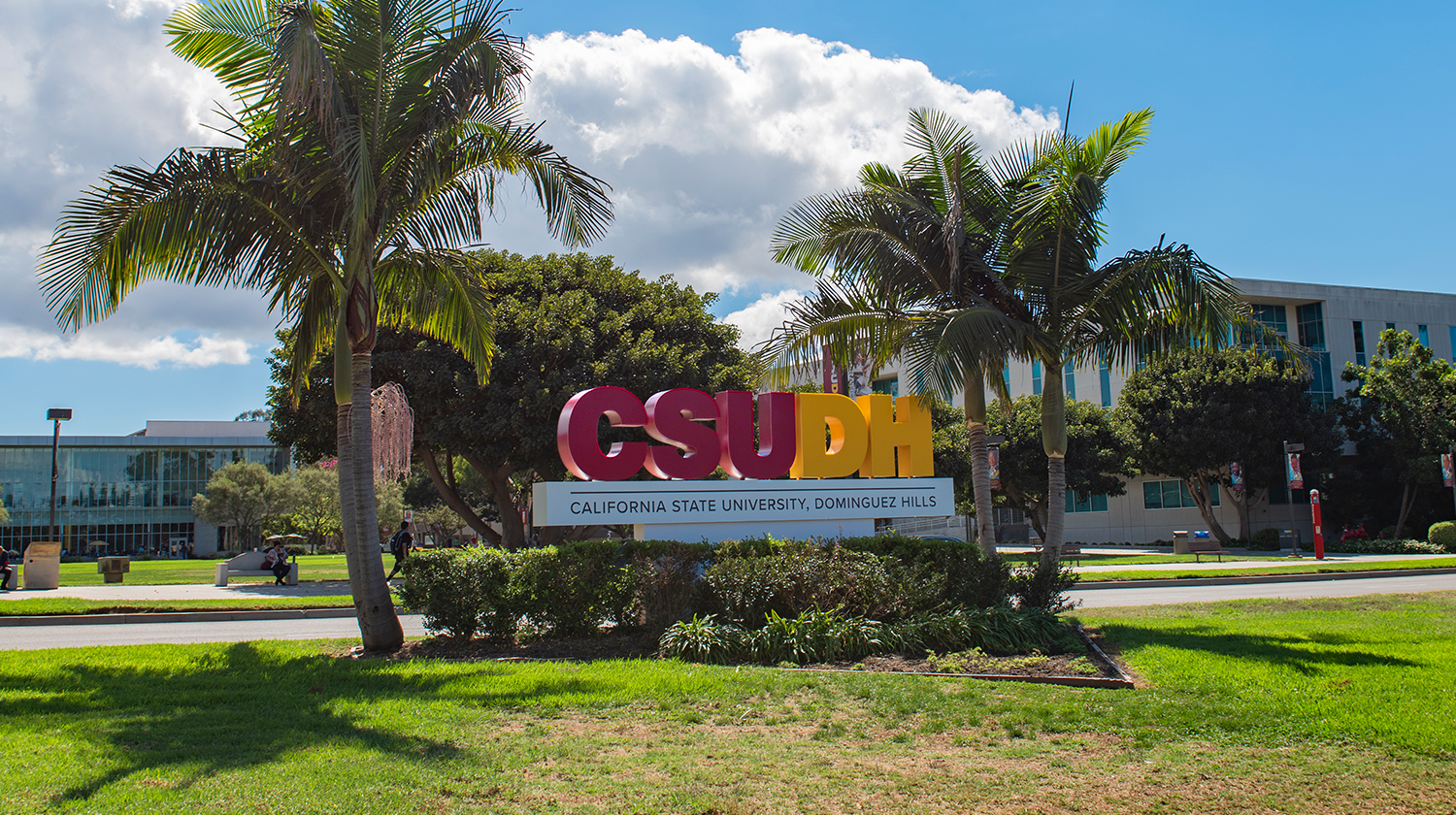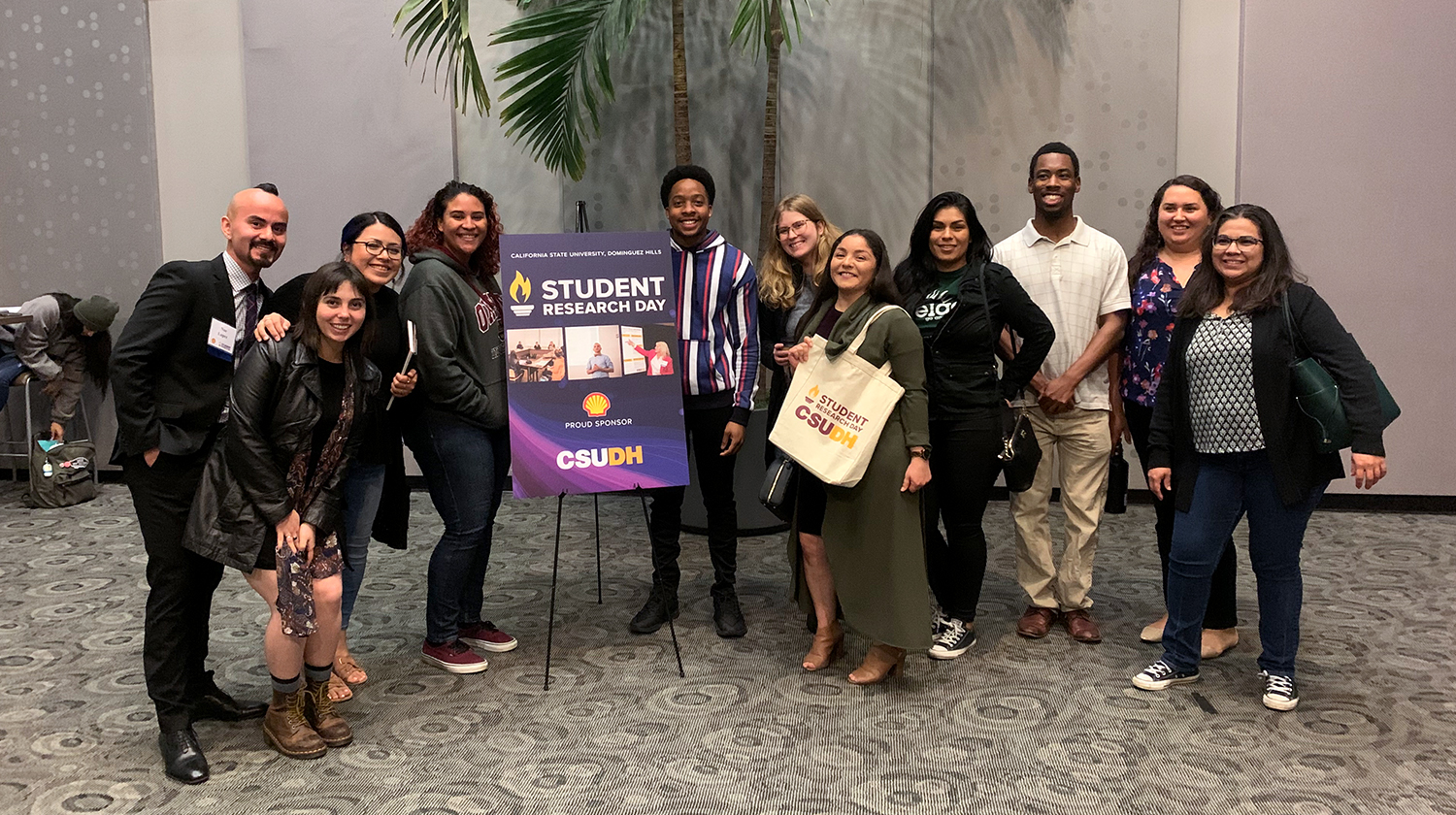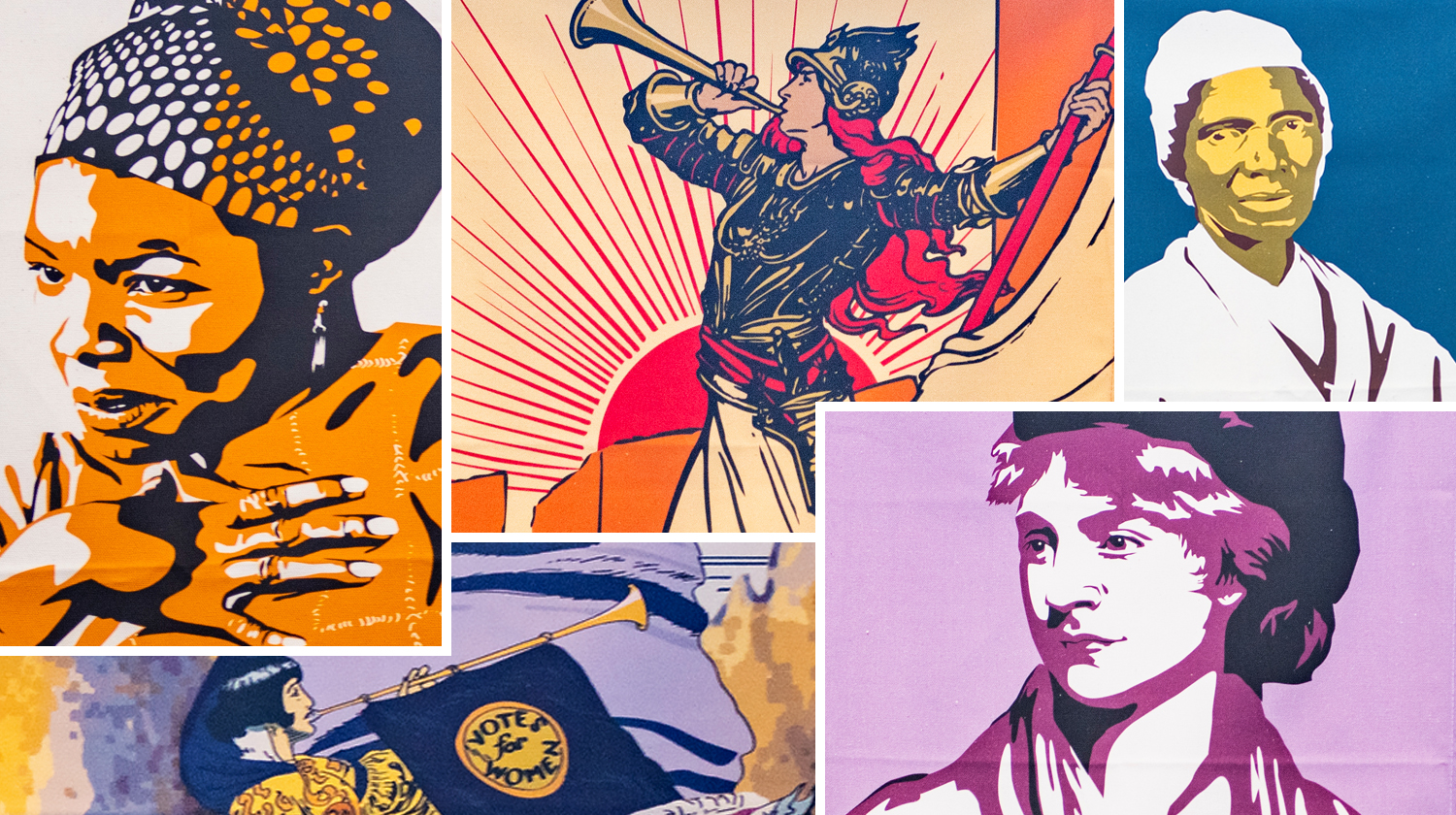Sociology
-
Features
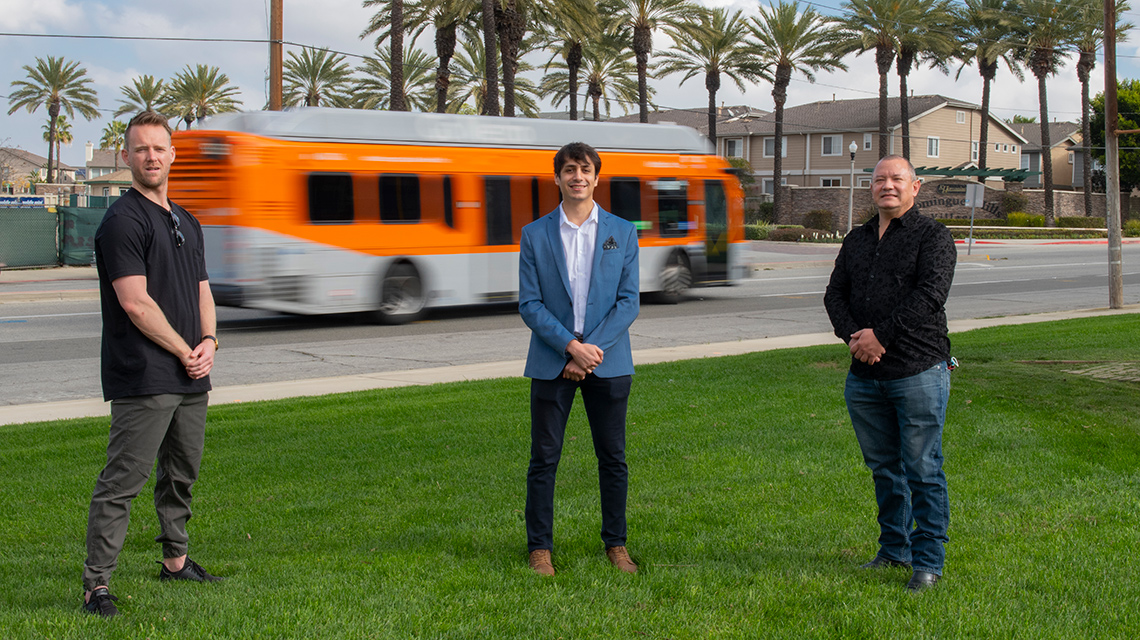
Innovative Research Earns Students Eisenhower Transportation Fellowship
For their innovative research on the transportation industry, four California State University Dominguez Hills (CSUDH) students have been named to…
-
Features
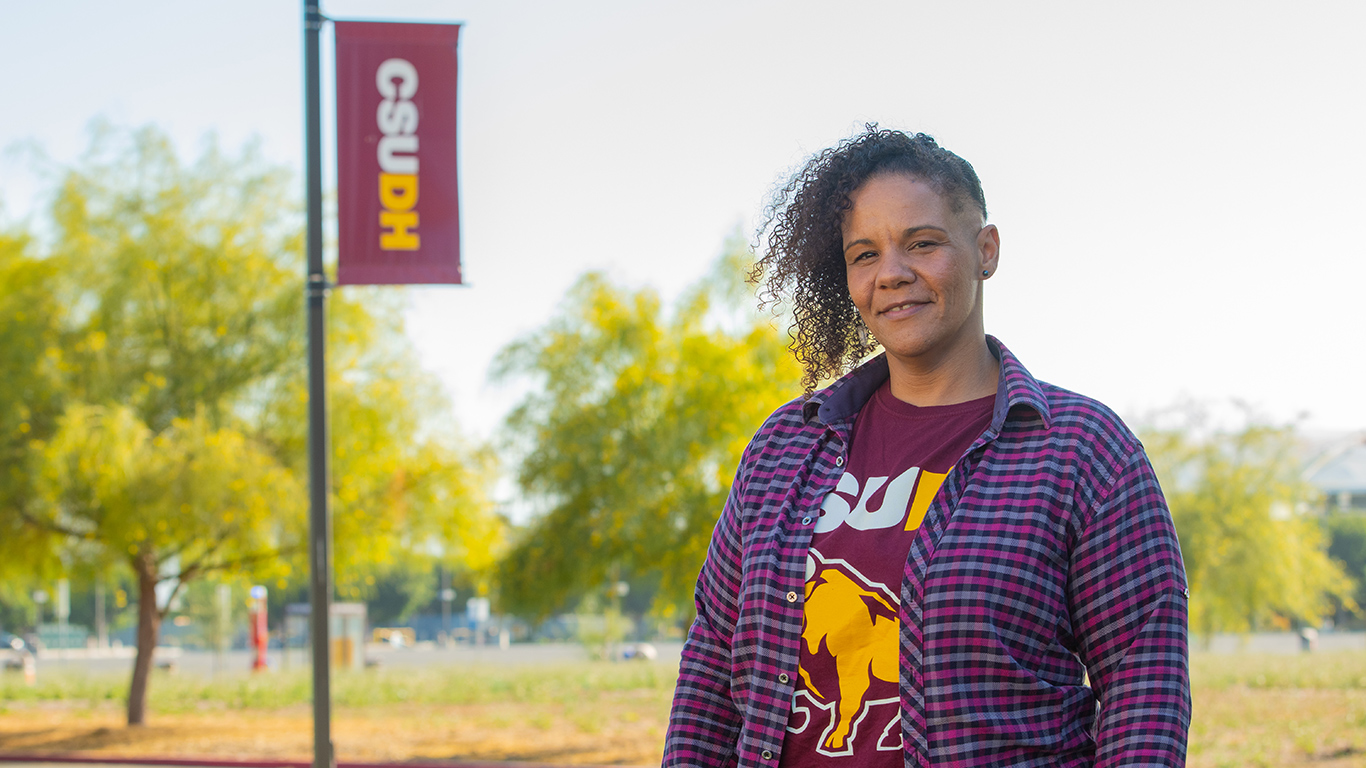
Skye Harris Honored with 2020 CSU Trustees’ Award for Outstanding Achievement
CSUDH undergraduate Skye Harris’ educational pathway has not been a traditional one, but she has overcome every obstacle placed in…
